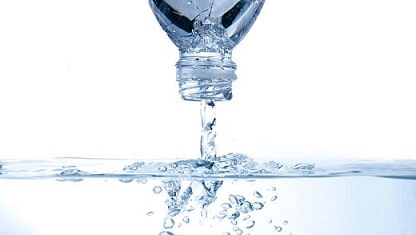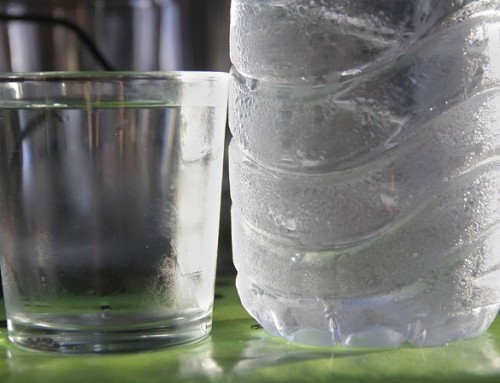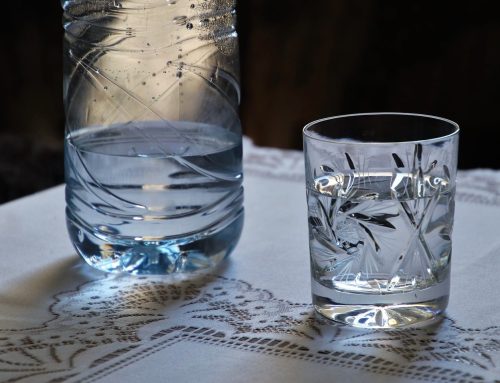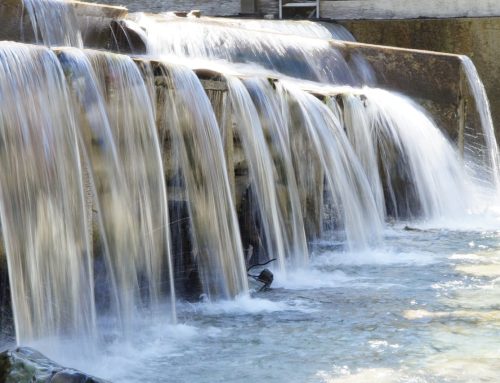 So which water is better, bottled or tap? – There are so many arguments as to which water is better to have as your water at home or water at work that it is very difficult to make an informed decision.
So which water is better, bottled or tap? – There are so many arguments as to which water is better to have as your water at home or water at work that it is very difficult to make an informed decision.
Even myself a Director of Living-Water and deemed a water expert (at least by my staff) am not entirely sure, hence we offer both alternatives to our customers, and let them choose themselves.
A 1998 report on WNBC-TV’s New York City Live at Five, Dr. Max Gomez argued that bottled water is at an all time high and its rise in popularity has some dentists worrying. These dentists report seeing more cavities and put the cause down to the water. It appears bottled water contains generally lower levels of cavity fighting fluoride than tap water.
For me, this is the wrong answer. It would be all too easy for us as bottlers to add additional fluoride to our bottled water, but as already discussed in various other blogs on here, we remain resolutely against the addition of fluoride or any other substance to our water at home or at work. Far better to improve the public’s dental hygiene and ensure people brush and floss their teeth on a regular basis.
Water blind tastings, rather like with beer, do not prove conclusively for one side or the other. I remember on holiday as a student always buying the cheapest supermarket French beer which came in small bottles. Invariably there would be some one among the group who would refuse to drink it and we would all have to chip in to buy some extra Stella’s. This used to make me mad as I was hard up and shopping as a group was expensive enough so on two occasions we bought ten different brands of beer and had a blind tasting – And hey presto, on both occasions the unanimously most popular beer was the French supermarket beer which also happened to be the cheapest!! But you know what, even having found the cheap supermarket to be best in the blind tasting, the same guys would still always order the most expensive premium beer (Particularly when its not their round)
This can be also illustrated by Amstel beer, in South Africa it is the premium beer as opposed to in France where it is the budget beer – Beer like water seems to me to be a lot of illusion and marketing.
But here are some facts about bottled versus tap water which you need to consider when deciding between a bottled and bottless water cooler
- Many bottled water’s are bottled around major cities and in largely urban areas – we know of two London competitors who source their water on the border of the M25 in Kent. In contrast Living-Water, by sourcing our water on the North Welsh border in the Wenlock Hills we avoid urban contamination.
- There are no guarantees that bottled water should be any better than tap water nor should they be as there are only a few waters which proclaim to have various health benefits (eg vitamin waters). Again, we remain adamently against adding vitamins, minerals or anything else to water – it should only ever be pure and natural. Living-Water, some time ago considered making our water ionic, but despite the considerable potential health benefits, we felt that this did not fit with our rule of not tampering with a fresh and natural resource. If clients require health boosting elements, they can choose and add these themselves, it is not our role to play God.
- Bottling plants will invariably have some levels of bacteria and critics will pounce on this. However, the levels are so controlled and minimal one would have to drink gallons of water every day for a considerable period for it to have any sort of effect on one’s health – We all need to be exposed to some bacteria and with time these have very little effect. What is clear is that when I first moved to live in South Africa the tap water for the first two years meant that I suffered constant tummy upsets. The same used to occur when I drank the water at my parents house in the South of France. However, seven years later my body has got used to the water and I no longer have any problems in either South Africa or the South of France. To date I have never got sick from drinking bottled water where the Norms and standards are extremely demanding unlike with tap water. UK local authorities who inspect and test bottling plants on an ongoing basis, are very aware of their requirement to insist on only the very highest standards.
- Tap water is chlorinated so is unlikely to have bacteria breeding in it – However, the unfortunate side effect of this is taste – the older the public water system, the more chlorine that is required. This is why so many houses in London now have one of our filters and a mains water cooler, to improve the taste of the tap water.
- Fact, Bottled water is to an extent filtered, the bottling plant will use a range of filters and is allowed to filter the water to 1 micron. This is more than sufficient.
If you want to check the quality of your tap water, a report should be available by visiting your service provider’s website. These are all listed in a seperate blog with their contact details.
Every year there are people in the UK who may have died from water borne diseases. Factors that influence the health problems for any individual person also include the dose of pathogen exposed to, the type of pathogen, any pre-existing health factors, effects from a poor diet or smoking, geographic location, and more.
One conclusion that is without doubt, everything tastes better when filtered using a Living-Water filter.





